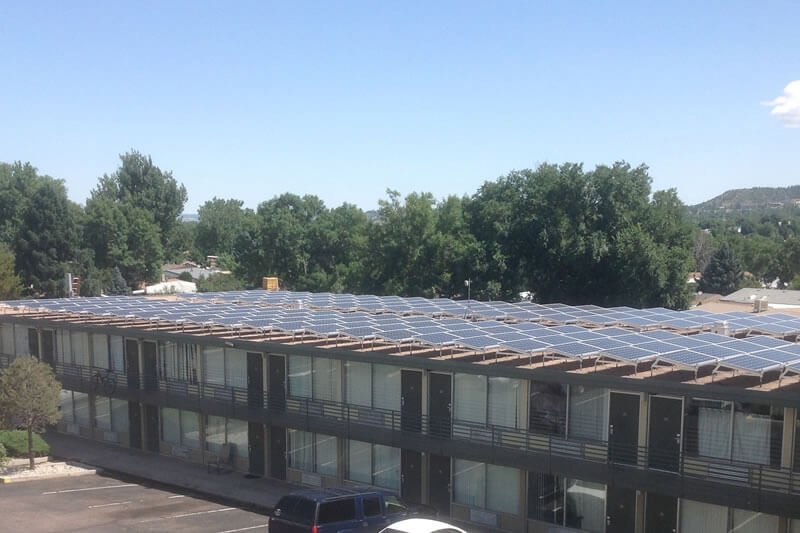


In July of 2025 the One Big Beautiful Bill Act was signed into law which removed the 30% Federal Tax Credit for all renewable energy projects installed after 2025. There are currently no Federal, State or Local incentives for solar installations.
Colorado allows an income tax credit to building owners who install qualifying residential energy storage systems into residential buildings in Colorado. For purposes of this form DR 1307, the term "building owners" includes lessees who purchase a qualifying residential energy system and install it into a residential building in Colorado with the lessor's approval. Building owners must use this form to document that all of the required conditions for claiming the credit have been met. This form must be filed with the building owner's Colorado income tax return unless the credit is assigned. If the credit is assigned, the amount of the credit allowed that exceeds the assignee’s income tax due is refunded to the assignee. However, if the credit is not assigned, the amount of the credit that exceeds the building owner’s income tax due is not refunded to the building owner and may not be carried forward to any future years’ income tax due.